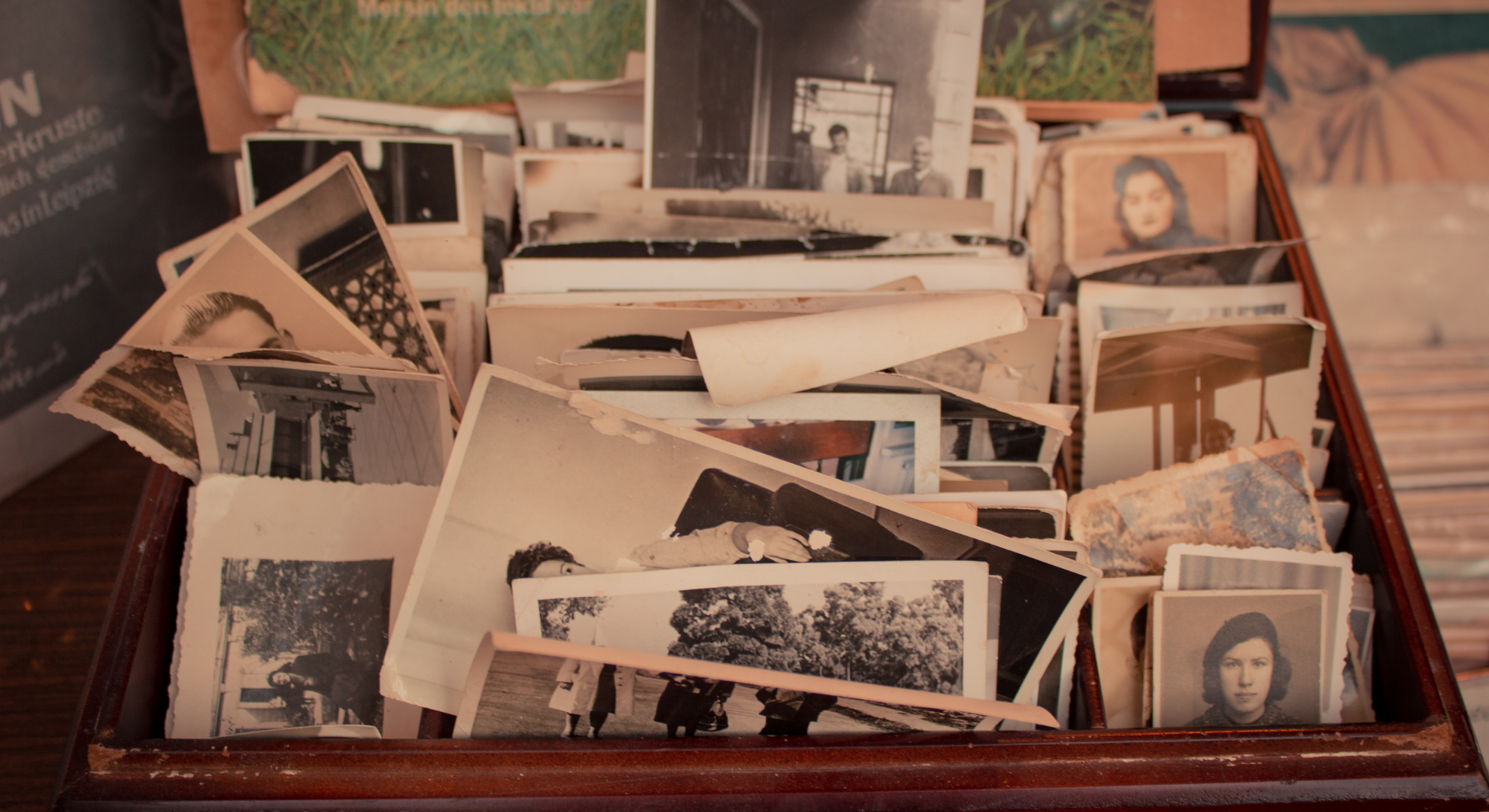Tucked away on a quiet main street in a North Island town, a modest building with weathered signage houses an artefact of national significance. Behind its unassuming doors lies what many historians believe to be the oldest surviving photograph ever taken in New Zealand — and most people drive past without even knowing it’s there.
A snapshot from another world
The photograph, a delicate sepia image on a small sheet of paper, dates back to the early 1840s. It was captured using the daguerreotype process, an early photographic method introduced to New Zealand not long after it was invented in France.
The scene it depicts is simple yet extraordinary: a waterfront street in its earliest days, with wooden buildings, sailing ships in the harbour, and figures frozen mid‑stride. In that single image, the life of a young colony is preserved with remarkable clarity.
“When you stand in front of it, you’re looking directly at a moment from nearly two centuries ago,” says the museum’s curator. “It’s like a time machine you don’t have to step into.”
How it survived
Photography in the 1840s was rare, fragile, and often expensive. Many early images were lost to light damage, poor storage, or simple neglect. That this photo survived at all is remarkable.
According to local records, it was kept in a private collection for over a century, stored in a lined wooden box away from sunlight. It eventually made its way to the museum when a descendant of the original photographer donated it, along with several other early New Zealand images.
The museum you could miss
The building that houses this treasure isn’t a grand gallery. It’s a small regional museum, occupying a repurposed 19th‑century shopfront. There’s no neon sign or flashy billboard — just a painted name above the door and a noticeboard listing current exhibits.
Step inside, and you’ll find shelves of pioneer tools, handwritten journals, and faded maps. The famous photograph is displayed in a temperature‑controlled cabinet in the back room, accompanied by a short description and a magnifying glass for visitors to study the details.
“We get people who’ve lived here for years and never knew it was here,” the curator admits. “They walk past every day on the way to the bakery.”
Why it matters
For historians, the image is invaluable. It offers a rare, verifiable glimpse of early New Zealand architecture, clothing, and daily life before widespread industrial change. For locals, it’s a tangible link to the community’s beginnings.
Unlike paintings of the time — which could be romanticised or altered — the daguerreotype records exactly what was in front of the lens. Every shadow, every texture, every small imperfection in the timber of the buildings is faithfully preserved.
Then vs. now
| Feature in 1840s photo | What stands there today |
|---|---|
| Wooden trading posts | Brick shops and cafés |
| Sailing ships in harbour | Marina with yachts and fishing boats |
| Unpaved street | Sealed road with parked cars |
| Sparse crowd in bonnets & coats | Busy footpath, modern clothing |
A hidden national treasure
Despite its historical significance, the museum receives far fewer visitors than larger institutions in Auckland or Wellington. And that, some say, is part of its charm. Without the pressure of large crowds, visitors can linger in front of the photograph, tracing the outlines of long‑vanished buildings and wondering about the lives of the people captured forever in silver and light.
“It’s a privilege to stand in front of it without a glass wall ten feet away,” says one visitor from overseas. “You feel like you’re in the same room as history.”
If you go
Finding the museum isn’t hard if you know to look for it — but you could easily miss it if you’re not paying attention. The entrance is nestled between a café and a gift shop, with just a narrow doorway leading inside. Entry is by donation, and the curator is often happy to share the backstory of the photograph in more detail.
Whether you’re a history buff, a photography enthusiast, or just curious about the past, this small‑town museum holds something few places in New Zealand can claim: the very first captured moment in the country’s visual history.

Which town is this in??
Kawakawa
Is it me or there’s no mention of where exactly the museum is (aside from “tiny North Island”), no snapshot of this oldest picture, and a whole load of ads? What is the point of this article?
If it is on paper it isn’t a daguerreotype. Click bait.
So where is this museum please?
What is the name of this little town?.
Lost opportunity for spreading the word about every genealogists favourite reason to stop in a small town. Do them a favour.
Where the heck is it?